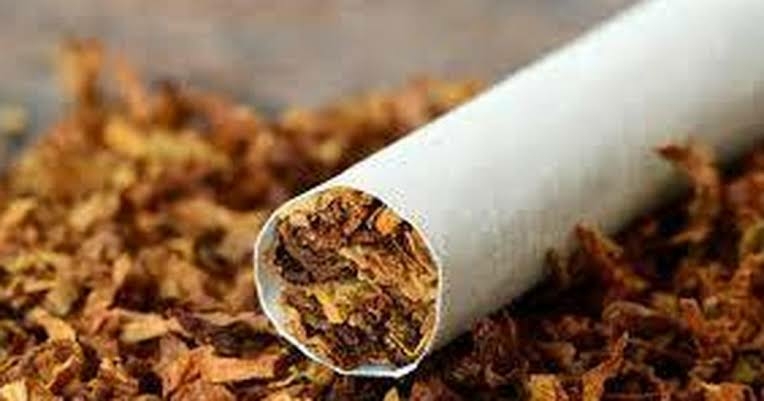Civil Society Legislative Advocacy Centre (CISLAC) has called for a hike in Tobacco tax to control smoking and its adverse effects on public health, economy and environment.
The CISLAC Programme Officer in Bauchi State, Mr Solomon Adoga, made the call in Bauchi during a roundtable on Tobacco Tax Advocacy in Nigeria.
He said that understanding the Framework Convention on Tobacco Control (FCTC) Article 6 and.Nigeria’s Tobacco Tax could not be over emphasised.
He added that “tobacco smoking is a pandemic that needs collective action through sensitisation and high tax.
“Nigeria has the third Tobacco market in Africa and to control that, there should be a hike in tobacco tax.”
He explained that tobacco smoking induces a poverty cycle in the household and by extension to the society.
Adoga said that research revealed that 69 per cent of the toxic chemicals in tobacco smoke is the cause of the various cancers and chronic diseases around the world.
He added that “nicotine is the addictive substance in tobacco, when you inhale tobacco smoke, the nicotine substance in tobacco flows into your bloodstream and goes to the brain, inducing pleasurable feelings.
“As you repeatedly expose your brain to nicotine, you will crave nicotine more and more, and gradually, smokers have to maintain a level of nicotine in the blood for normal functioning.
“Another thing is that smokers have to continue to smoke to avoid the discomfort experienced while not smoking.”
The programme officer said statistics revealed that Nigerians spent an average total of N7.45 billion on tobacco monthly and N89.5 billion yearly.
“It is however important to note that the growth in Nigeria’s population has resulted in no significant reduction in smoking prevalence over the years,” he said.
Adoga said the tobacco industry made huge profits unchecked without taking responsibility for the harm to public health.
He emphasised that increasing tobacco taxes and prices was recognised worldwide as the single most cost-effective measure of tobacco control and a critical component of a comprehensive tobacco control strategy.
He said the measures can reduce overall tobacco use, prevent initiation among youths and promote cessation among current users.
He suggested that evidence be generated for a way forward.
Another way, he said, was to advocate for the implementation of Track and Trace System to cushion illicit trade in tobacco products.
Present at the Bauchi meeting were Civil Society Organisations, officials of line ministries and the media.

















Discussion about this post